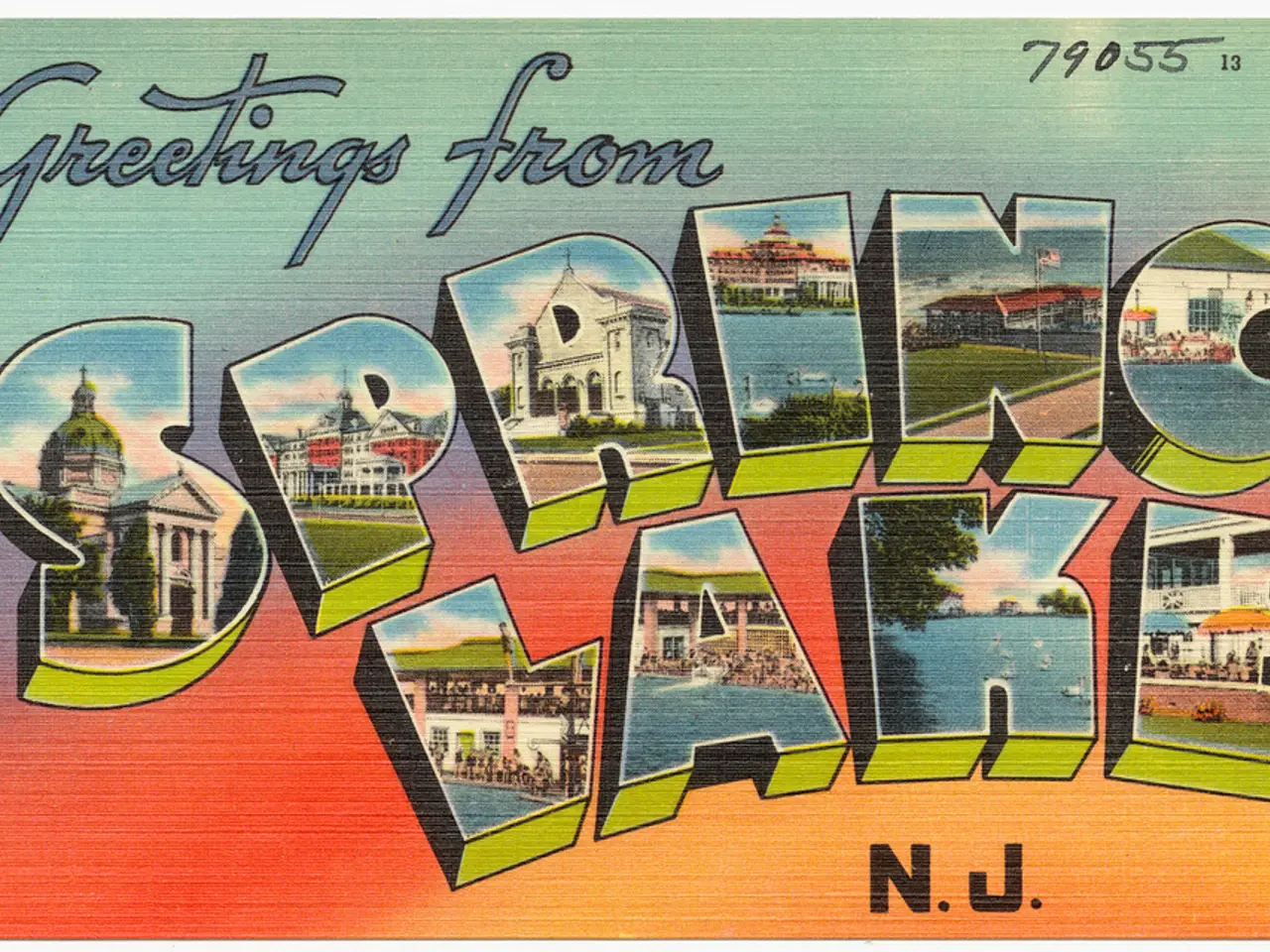International Critique of Alleged Unwarranted US and EU Coercion Regarding Russian Petroleum
India is accusing the United States and the European Union of applying a double standard by criticizing India for importing Russian oil while maintaining different rules and sanctions regarding Moscow. The dispute intensified after the US announced a 25% tariff on Indian goods in late July, coupled with threats of unspecified penalties specifically aimed at companies importing Russian oil.
India, one of the largest buyers of crude oil from Russia, imports about 1.75 million barrels per day, according to reports. This dispute has strained India-US relations considerably.
India's foreign ministry has voiced strong objections, insisting on fair treatment in trade relations and rejecting the legitimacy of unilateral sanctions imposed by the EU. Indian officials and trade experts have warned about the negative economic impact of such US tariffs, predicting a significant decline (about 30%) in Indian exports to the US in the current fiscal year.
In response, India has planned several measures. It will reject unilateral sanctions, call for a multilateral approach to trade with Russia, defend its right to diversify energy sources, and warn against economic retaliation in the form of reduced exports or seeking alternative markets. India also plans to engage in diplomatic protests to challenge what it sees as damaging and unequal treatment.
It is important to note that in 2024, the United States was India's largest trading partner, with New Delhi shipping goods worth $87.4 billion. However, India's protectionist trade policies led to a surplus of nearly $46 billion in the same year. The US continues to import uranium hexafluoride for its nuclear industry, palladium for its EV industry, fertilisers, and chemicals from Russia.
Randhir Jaiswal, the foreign ministry spokesperson, stated that the targeting is unjustified and unreasonable. India argues that it does not support the EU's "unilateral sanctions" against Russia and sees the criticism as unfair.
India's move to import Russian oil was necessitated due to traditional supplies being diverted to Europe after the outbreak of the conflict. However, India's oil imports saved the country billions of dollars and bolstered Moscow's coffers.
The EU and Britain sought to ramp up economic pressure on Russia to halt the war in Ukraine by slashing a price cap meant to choke off revenues from key oil exports last month. Unlike India, the EU and US trade with Russia is not a vital national compulsion, according to Jaiswal.
This dispute highlights the complexities of international trade and the need for fair and equitable rules. India is emphasizing the importance of such rules in the context of ongoing sanctions on Russia.
- The White House, under the leadership of President Trump, has been criticized by India for its double standards in world politics, particularly in the context of US-EU sanctions on Russia.
- Amidst the escalating dispute between India and the US, the Trump administration announced a 25% tariff on Indian goods, targeting companies importing Russian oil, a move that could significantly impact India's national finance and industry.
- PTI reported that India is planning several countermeasures, including rejecting unilateral sanctions, advocating for a multilateral approach to trade with Russia, and engaging in diplomatic protests against what it sees as unequal treatment.
- General news outlets have been covering the political fallout of this dispute, with Indian officials arguing that the US tariffs could lead to a decline of up to 30% in Indian exports to the US, potentially causing a rift in the US-India relationship.
- The world of finance and policy-and-legislation is closely watching the events unfold, as this dispute could have far-reaching implications for global trade relations, particularly in the energy sector.
- Energy experts have pointed out that while India's oil imports from Russia are crucial for its economy, the US continues to import uranium hexafluoride, palladium, fertilisers, and chemicals from Russia, highlighting the complexities and intricacies in the web of international trade.




